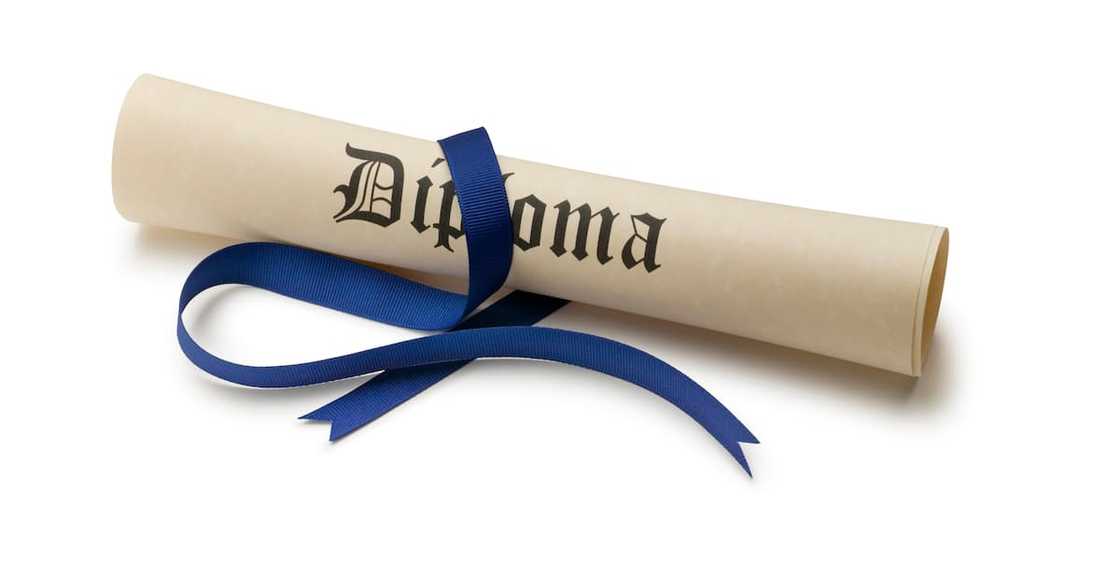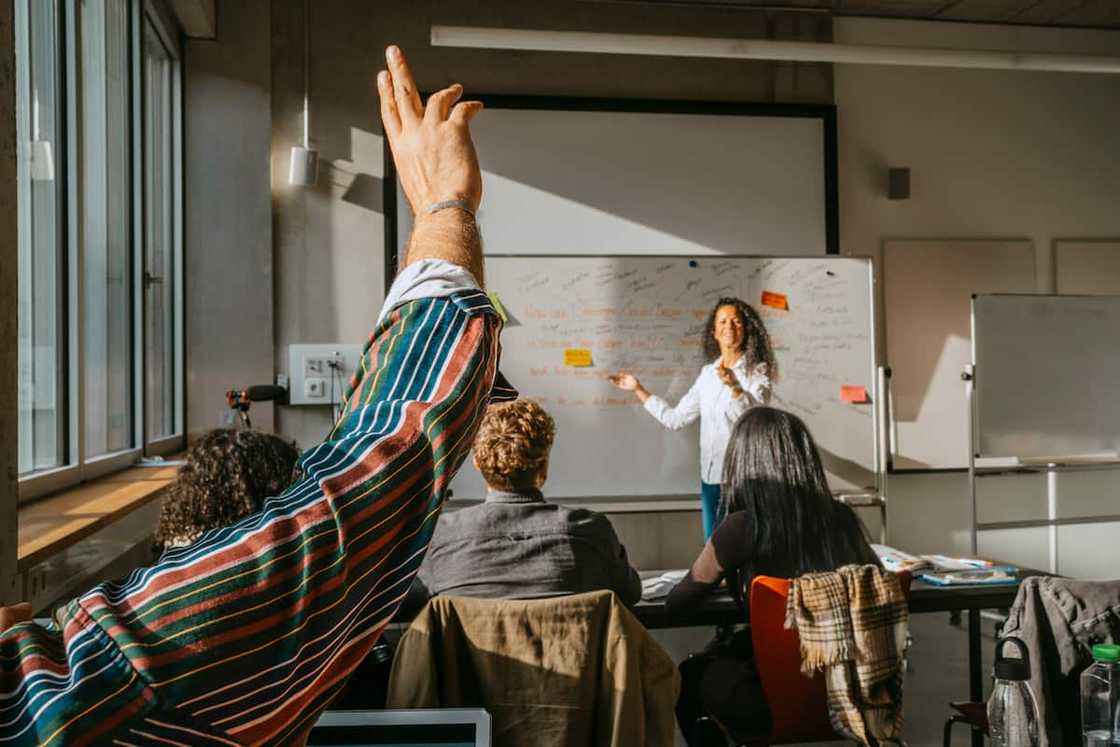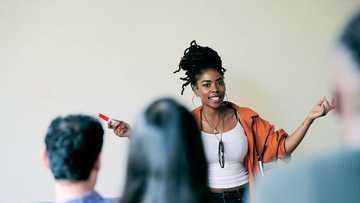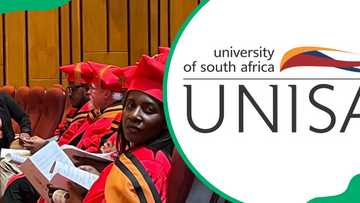6 types of qualifications in South Africa and their meanings
Do you understand the distinction between a master's degree and a diploma? You need to be familiar with these phrases if you plan to continue your education or are considering making your first step into higher learning. These are the 6 types of qualifications in South Africa and their meanings.

Source: Getty Images
What counts as a qualification? Your education, work history, skill set, and character traits are all aspects of your qualifications. Qualifications may include a college diploma, a license, excellent communication skills, attention to detail, a dedication to diversity, dependability, and a positive outlook.
What qualification type is a degree?
There are generally four categories of degrees in college. They include associate, bachelor's, graduate, and doctorate or professional.
What is a qualification title?
A qualification's title defines its difficulty level, the typical completion time, and its general content. Additionally, it will include whether the qualification is included in the Regulated Qualifications Framework and the name of the organization that granted the qualification. These are the levels of qualifications in South Africa:

Source: Getty Images
1. Higher certificate
Anyone who has obtained their national senior certificate and satisfies the prerequisites may enrol in a higher certificate course. A student who has earned their higher certificate can apply for an advanced certificate or a diploma course.
2. National diploma
These three-year programs combine classroom instruction with hands-on experience. These courses are comparable to those offered for degrees, although the emphasis on internships and real-world experience is stronger for diplomas. You should be able to enrol in a diploma program with a matric exemption or an equivalent.
3. Bachelor's degree
What is a Level 7 qualification in South Africa? An undergraduate degree, known as a bachelor's is provided by colleges and universities to students who have to complete a three- to six-year period of study, depending on the institution and academic discipline. The Bachelor of Arts (BA) and the Bachelor of Science are the two most popular bachelor's programmes.

Read also
Walter Sisulu University courses and requirements: everything worth knowing about the application

Source: Getty Images
In contrast to diplomas and certificates, degrees are internationally recognized. This makes it possible for graduates to work in other nations, and they are more theoretical than diplomas and certificates. In SA, these programmes can require a matric exemption with additional criteria to enter.
4. Honours degree
What comes after a degree? The term "honours degree" refers to a type of undergraduate bachelor's degree that contains a greater volume of content or a better standard of study, in contrast to an ordinary bachelor's.
Students with a three-year degree may apply for an honours program, which is a one-year requirement to apply for a Master's. The honours typically focuses on one area of study, e.g., Mathematics or English. Admission to the honours is frequently highly competitive.
5. Master's degree
A master's degree is an academic degree after completing a program of study that demonstrates mastery or a thorough overview of a particular field of study or area of professional practice. It is one of the highest qualifications. The completion of bachelor's-level coursework, either as a distinct or as a component of an integrated course, is typically necessary for admission to graduate school.
6. Doctoral degree
What comes after a master's degree? A doctorate is an academic certificate awarded by universities and other educational institutions. You need a current Bachelor's certificate and, in most cases, a master's in a relevant field to apply for a PhD in South Africa. In rare instances, a candidate without a master's may be approved.
This degree is the highest in the levels of degrees and typically takes at least two years of full-time study. Only individuals who conduct cutting-edge academic research can earn a PhD. To acquire this title, doctoral students must submit a thesis that merits publication.
What are examples of professional qualifications?
Professional credentials are typically master's degrees or postgraduate diplomas, such as the GDL and PGDE in education and the LLM in law and business, respectively (law). Research and teaching may both be components of professional certification.
In South Africa, engineering, science, law, business, humanities, and social sciences are the most common academic specialities for master's students. The majority of master's programs combine coursework and a research dissertation for assessment. The 6 types of qualifications from Higher education in South Africa are crucial when pursuing a career.
READ ALSO: 15 best schools in Pretoria: private, high, nursing, primary, secondary
Attending an excellent educational institution is crucial in a child's life as it shapes their future. The best schools in Pretoria offer a favourable learning environment and support an individual to grow academically and explore their talents. This is why Briefly.co.za recently listed the top 15 best schools in Pretoria, including private, high, nursing, primary and secondary schools.
Source: Briefly News




